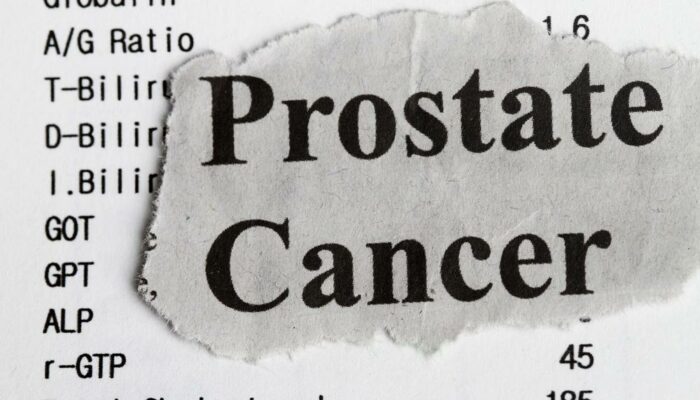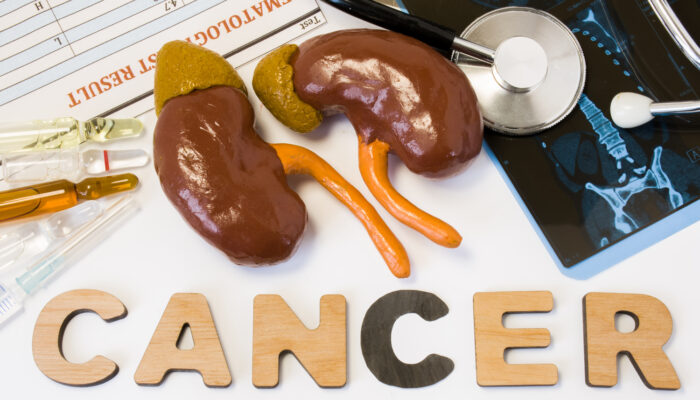
Telltale Heart Attack Warning Signs
According to the most recent statistics from the U.S. Centers for Disease Control and Prevention (CDC), roughly 1.5 million heart attacks and strokes strike Americans yearly, that’s about 1 heart attack every 40 seconds, with over 800,000 patients dying from cardiovascular disease annually.
Heart attack, also referred to as myocardial infarction, results when the muscle of the heart doesn’t get adequate blood flow. Many heart attacks are referred to as the silent killer, and men and women can experience the symptoms of heart attack very differently. However, if you believe a friend, loved one, coworker, or passerby is experiencing a heart attack, call 9-1-1 immediately. Here are the most telltale heart attack warning signs:
1. Heartburn
While some folks do mistake indigestion for a heart attack, in some cases symptoms of heartburn can actually indicate a heart attack, particularly for women. Nausea, indigestion, stomach pain, and burning in the chest may accompany vomiting and indicate myocardial infarction.
2. Jaw pain
While jaw pain probably is often indicative to muscular pain (i.e., TMJ) or a sinus infection, jaw pain that accompanied by pain or pressure in the chest and throat may be an underlying warning that you’re experiencing a heart attack.
3. Chest pain
While many individuals experiencing a heart attack only experience mild pain, or no pain at all, a tight or squeezing sensation in the chest, or in the neck, jaw, or arms may indicate cardiac arrest. Chest pain or pressure that progressively worsens may indicate angina, or reduced blood flow to the heart.
4. Stubborn cough
While a cough can occur for many health reasons (i.e., common cold), existing heart disease paired with a stubborn cough that excretes colored sputum (i.e., white or pink in color) could indicate a heart issue.
5. Excess sweating
A racing heart accompanied by a cold sweat for unexplained reason could indicate the onset of a heart attack.
6. Dizziness
Sudden fatigue, shortness of breath, and lightheadedness that affects balance and mobility may indicate a heart attack if combined with other symptoms (i.e., chest pressure and pain). Sudden and unexplained dizziness can be a sign in plummeting blood pressure due to lack of blood flow to the heart.



